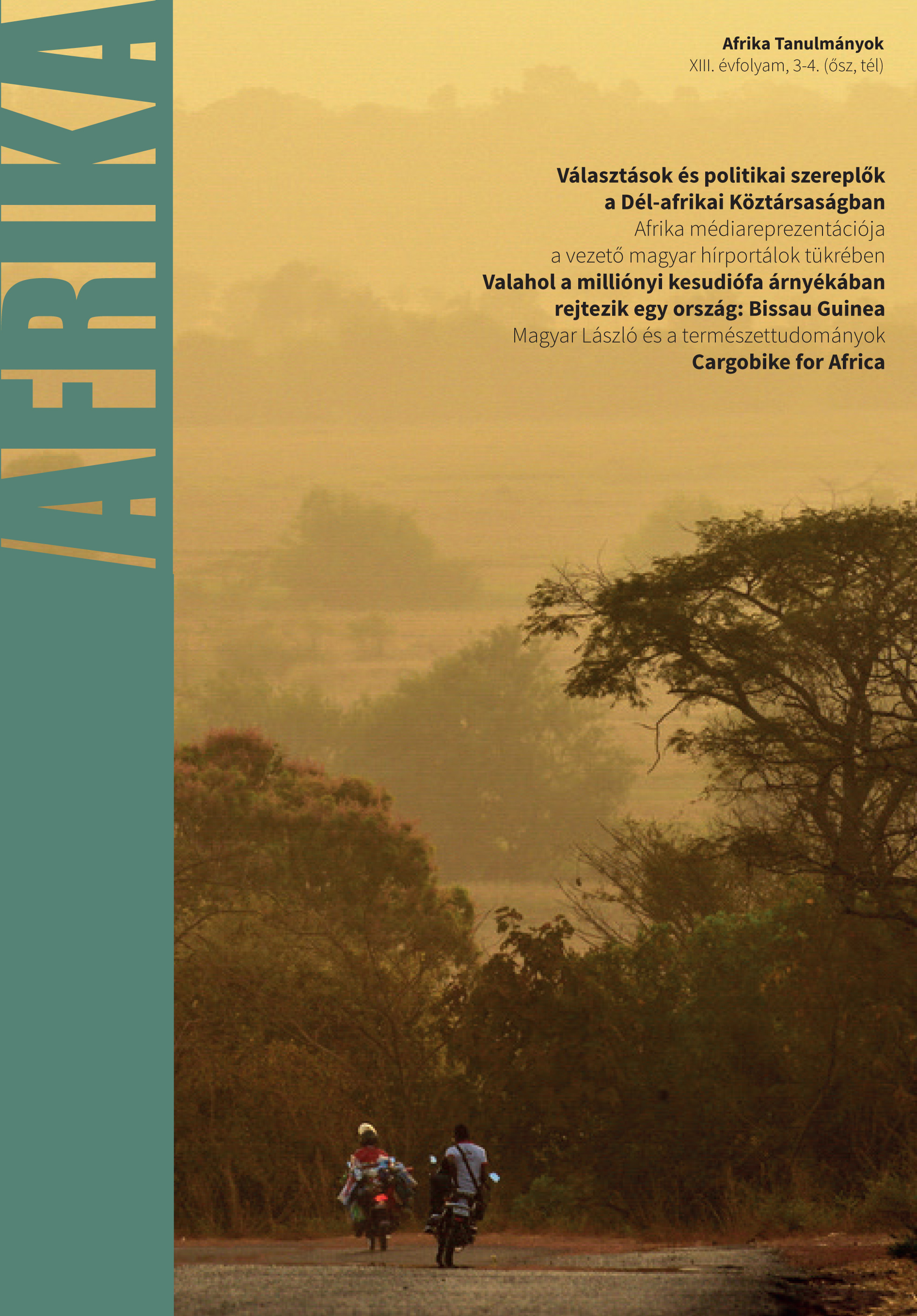Választások és politikai szereplők a Dél-afrikai Köztársaságban
DOI:
https://doi.org/10.15170/AT.2019.13.3-4.1Absztrakt
After the wasted decade of the Zuma presidency, Cyril Ramaphosa promised a renewal in South Africa in 2018. The post-state capture condition of the former economic and moral champion of the continent did not favor to regain either the confidence of the voters or of the investors. While the country had been prepairing for the sixth free general elections (25 years after the fall of the apartheid-regime), most of the domestic socio-economic problems remained unsolved. Inequality, unemployment, education, corruption, land reform and provision of public services are still the most important topics of the public talk and determined the focus of the campaign. The publication introduces the party structure of the country, the leaders of the biggest South African parties, what is more the causes and the consequences of the sixth consecutive success of the African National Congress (ANC). The article includes an analysis of the results of the national and provincial elections and beside the electoral analysis the author tries to introduce the dynamics of power within the factions of the ruling African National Congress party, adding an outlook on the members of the new Ramaphosa Cabinet. Last but not least the publication describes the most important authorities and bodies who tackle the thriving corruption in the ANC and in the subsystems of the state.
##submission.downloads##
Megjelent
Hogyan kell idézni
Folyóirat szám
Rovat
License

This work is licensed under a Creative Commons Attribution-NonCommercial-NoDerivatives 4.0 International License.


